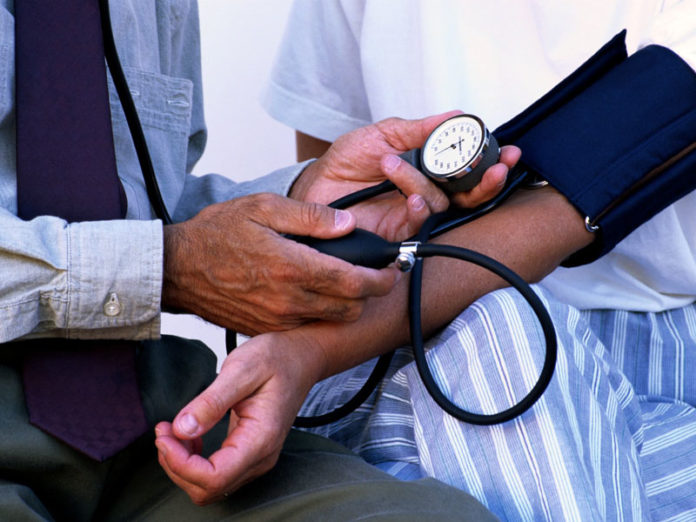Children born with Williams-Beuren Syndrome (WS) and supravalvar aortic stenosis (SVAS) have stiff narrow arteries that increases their stroke risk
A medicine used for slowing/reversing balding could hold hope for children suffering from a genetic disorder in their blood vessels that leads to high blood pressure in children making them as susceptible to stroke or sudden death risk as hypertensive adults.
According to an experimental model study published in American Journal of Physiology–Heart and Circulatory Physiology, the medicine minoxidil when used in children suffering from conditions, such as Williams-Beuren Syndrome (WS) and supravalvar aortic stenosis (SVAS) helped reduce blood pressure and also increased the flow of blood to the various organs of the body.
Young, healthy humans and other mammals stretch easily because they contain a protein called elastin. Elastin is produced only during development and is slowly lost with aging. In older people, arteries stiffen as elastin is lost. Stiff arteries contribute to development of high blood pressure and significantly increase the risk of sudden death, stroke, myocardial infarction and cognitive decline. Most treatment strategies in adults aim to reduce high blood pressure. To date, no medication has been shown to increase elastin deposition in mature human tissue.
Minoxidil is best known for its potential to improve hair growth when applied to the skin. it is sometimes prescribed orally for high blood pressure
“We know that genetic conditions, such as Williams-Beuren Syndrome (WS) and supravalvar aortic stenosis (SVAS), lead to abnormally low levels of elastin in developing arteries. As a result, children with WS or SVAS have stiff, narrow arteries and high blood pressure. Like older adults, they are also at increased risk of sudden death and stroke,” says co-author Michael “Mish” Shoykhet..
“We theorized that in WS or SVAS, narrow arteries without enough elastin reduce blood flow to vital organs.Thus, an adult-like treatment strategy that simply reduces high blood pressure may be less desirable in children with WS or SVAS because it would further impair organ perfusion. We therefore tested whether a medicine called minoxidil would not only reduce blood pressure but also would help relax arteries and increase their diameter, thus improving organ perfusion,” Dr. Shoykhet adds.
Minoxidil is perhaps best known for its potential to improve hair growth when applied to the skin. In a different formulation, minoxidil is sometimes prescribed orally for high blood pressure that has not responded to other medications. Earlier studies have suggested that minoxidil may increase elastin deposition even in mature tissues.
The treatment group in the study received 20 mg of minoxidil per kg daily via their drinking water, from the time they were weaned to 3 months of age. A second treatment group also received minoxidil for three months but was analyzed at 4 months of age, one month after the drug was discontinued. For the gene expression experiments, the preclinical models received minoxidil for two weeks.
“Minoxidil not only lowered blood pressure, but also increased arterial diameter and restored carotid and cerebral blood flow. Minoxidil also reduced functional arterial stiffness and increased arterial elastin content,” Dr. Shoykhet says. “Equally important, these beneficial changes persisted weeks after the drug was no longer in the bloodstream. The sustained improvements and the increased elastin gene expression suggest that minoxidil treatment may help remodel stiff arteries. Such remodeling may benefit humans whose elastin insufficiency is due to either advanced age or genetic conditions.”
The study team noted that additional clinical studies are needed to confirm changes in blood flow to end organs in humans and to evaluate blood-flow differences in other key vascular beds impacted by elastin insufficiency, such as in the heart, kidneys, lungs and gut.



[…] Although it’s normal to lose about 100 strands of hairs from your scalp every day, excessive hair loss may lead to baldness. But a drug originally developed to treat osteoporosis may soon help those who want to treat or even reverse baldness. […]